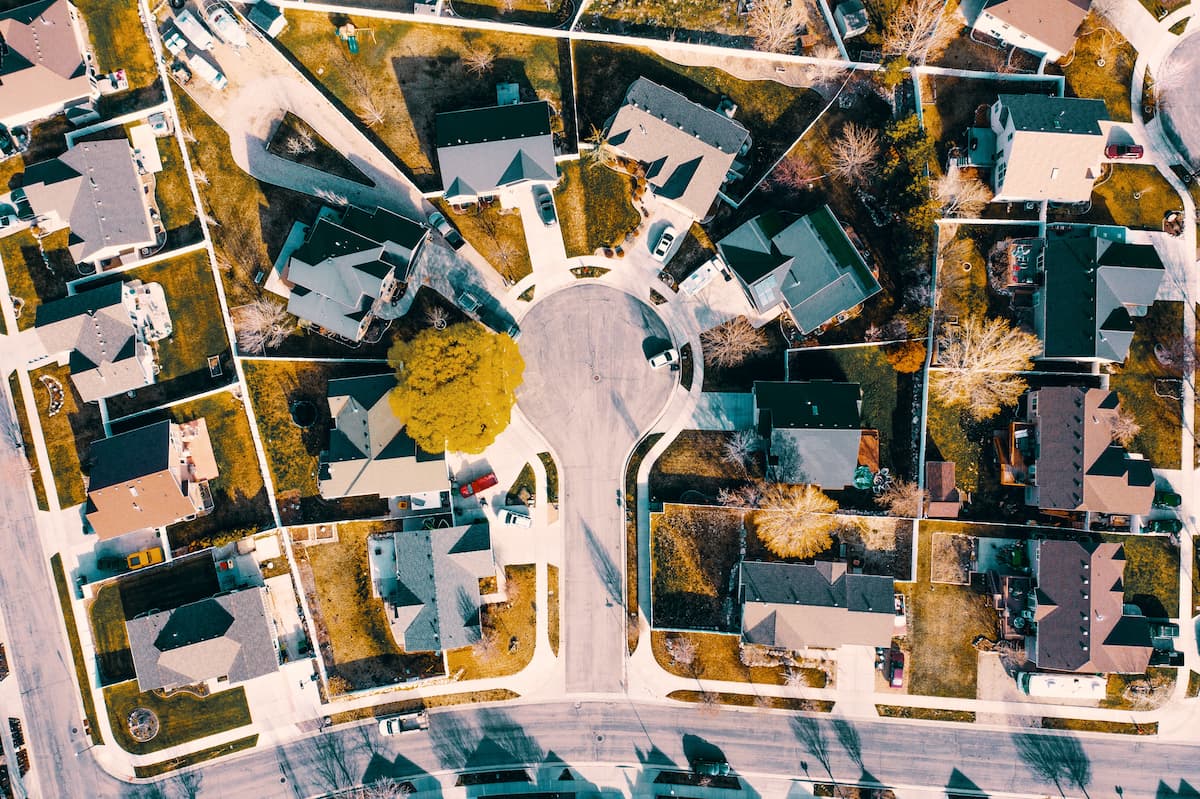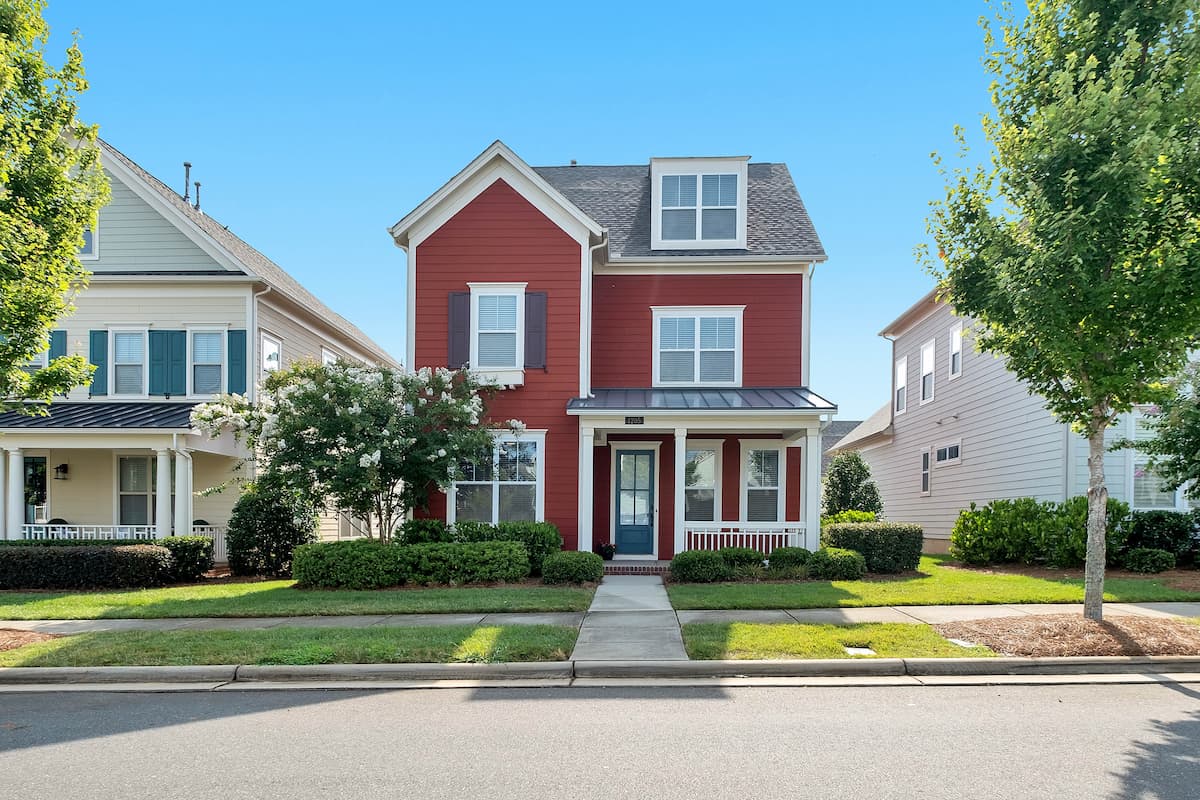
If your house hunting pursuits have led you to a homeowner's association, we invite you to pause and read this blog.
To help you decide whether this type of community is right for you, we're taking a closer look at what an HOA is, and the pros and cons that come along with joining one.
What is a Homeowner's Association (HOA)?
A homeowner's association (HOA) is basically a governing structure for a neighborhood, that serves to create a clean and cohesive atmosphere. They are most commonly found in residential communities and are popular for buyers looking for a low-maintenance lifestyle. The HOA members are elected from among the residents and are meant to maintain the community grounds, utilities, amenities, and finances. In exchange for their property management services, you pay a small fee, both monetarily and dutifully.
HOAs spare homeowners some responsibilities, but come with some homeowner obligations.
Let's find out what those are:
The Pros
Choosing to live under a community association boosts home value and social activities. Other benefits to HOAs include:
Maintained Home Exterior
Whether you live in a condominium complex or a planned community of single-family homes, some HOAs handle a lot of the exterior upkeep. This includes repairing and replacing siding, power washing, and maintaining the home's roof, fence, sidewalk, and driveway.
While there are limits to what they can do to your property — you are responsible for any interior upkeep and repairs — you could potentially save thousands of dollars while living in the HOA.
Sell for More $ Down the Line
According to a study published by the University of California at Irvine researchers, houses in HOAs have prices that are on average at least 4% greater than similar houses outside of HOAs. This percentage tends to be higher for larger homes in smaller subdivisions.
So when it comes time to sell, your return on investment will be higher just for living in a homeowners association.
Included Amenities
HOA membership is a lifestyle. A lifestyle with possible social benefits including block parties, swimming pools, tennis courts, golf courses, playgrounds, gyms, community yard sales, and nature trails — none of which you have to maintain personally.
Cut Down on Bills
In addition to the included amenities mentioned above, an HOA can cover some of your utility costs. An HOA often takes responsibility for city services such as sewer, trash, recycling, and snow removal as well as basic water and gas. This drastically cuts down on the monthly payments you have to make.
Neighbor Mediation
For the times when you are not loving thy neighbor, HOAs offer mediation in conflict resolution. All complaints regarding noise, non stop dog barking, improper car parking, property grooming, etc. are handled directly — and therefore anonymously — through the HOA. A homeowner's association provides a venue and standardized procedures to handle neighborhood tension.

The Cons
In addition to the many benefits of being in an HOA, there can be many downsides as well.
Fees
HOA fees / dues are mandatory, sometimes expensive, and most likely on the rise. Depending on the community amenity inclusions and size, the monthly charge can cost anywhere between $100 - $500. In that same University of California at Irvine study, it was concluded (based off of data from 34 million housing transactions) that single-family homeowners can expect to pay an average of $2,800 per year in HOA fees, with one dollar equating to $1.19 in benefits.
The fees of HOAs influence real estate investing and should be accounted for in the home budgeting process.
Defaulting on HOA Fees Has Repercussions
While on the topic of money...
Failing to pay your HOA fees can have serious consequences. It varies from state to state, but holding out on dues could lead to fines, amenity removal, and, worst case scenario, risk of lien or foreclosure. You are obligated to pay the fees you contractually agreed to when purchasing your home in the association, regardless of if you actually use the amenities provided.
Home Exterior Guidelines
If you've always dreamed of living in a bubblegum pink house with a polka dot chimney, then an HOA may not be for you. Homeowners associations have strict guidelines regarding your home's appearance. Those guidelines can vary anywhere from having a specific exterior paint color palette to choose from, to leaving sports equipment out after certain hours.
With some luck, you could find an HOA where there aren't cookie cutter homes. But less likely is the case as time goes on and more homes are built.
Rules About a House YOU Own
And the guidelines go on...
How much personalization are you willing to give up on a home that you own? Beyond the paint color, HOAs are able to dictate:
- How tall your grass is
- Garden size
- Number of pets you have
- Number of cars in the driveway
- Type of roof
- Type of window coverings
- Dimensions and placement of any signs / flags
These parental controls are meant to help with overall property values, but can rub residents the wrong way.
Is an HOA right for you?
Think of an HOA as a landlord. They can either make your life heaven or hell.
So, your problems with authority need to be checked at the door, or in this case... the neighborhood entrance if you decide to buy a home in an HOA operated neighborhood.
Looking for more guidance on HOAs and budgeting for them? Our team of experienced lenders is ready to assist.







